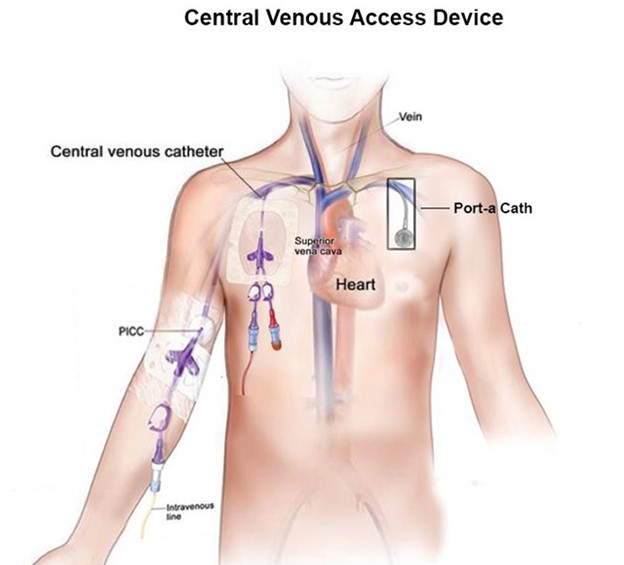A home health nurse is caring for a client who has Alzheimer's disease. The client's son is concerned about his mother becoming frustrated.
Which of the following interventions should the nurse include?
Limit the use of familiar objects.
Make a schedule of daily tasks.
Ask questions that require more than one answer.
Have several family members visit daily.
The Correct Answer is B
Explanation
B. Make a schedule for daily task.
Creating a schedule of daily tasks can provide structure and routine for individuals with Alzheimer's disease. This helps reduce confusion and frustration by providing a sense of familiarity and predictability. The schedule should be displayed in a visible location and include activities such as meals, personal care, medication administration, and any recreational or therapeutic activities. Following the schedule can help the client feel more oriented and decrease their frustration levels.
Limiting the use of familiar objects in (option A) should not be included because it may further increase frustration and disorientation. Familiar objects can provide comfort and a sense of security for individuals with Alzheimer's disease.
Asking questions that require more than one answer in (option C) should not be included because it can be overwhelming and confusing for someone with Alzheimer's disease. It is best to ask simple, straightforward questions to facilitate communication and comprehension.
Having several family members visit daily in (option D) should not be included because it may cause agitation and overstimulation for the client. It is important to maintain a calm and predictable environment, limiting the number of visitors and ensuring they are familiar to the client.
Therefore, the most appropriate intervention for the nurse to include is making a schedule of daily tasks (option B).
Nursing Test Bank
Naxlex Comprehensive Predictor Exams
Related Questions
Correct Answer is ["A","C","D"]
Explanation
Correct:
A. Creating a stimulating environment helps engage the client and can reduce restlessness and agitation. This can include activities, social interactions, and sensory stimulation tailored to the individual's preferences.
C. Clients with Alzheimer's disease may become overwhelmed and have difficulty making decisions when presented with too many options. By limiting choices, caregivers can help reduce confusion and frustration for the client.
D. Clients with Alzheimer's disease may experience memory impairment and difficulty with orientation. Using written signs can help them navigate their surroundings and locate essential areas, such as the bathroom. Clear and simple signs can be helpful for maintaining independence and minimizing confusion.
incorrect:
B. Confrontation, which involves challenging or arguing with the client, can escalate agitation and distress. Instead, caregivers should use techniques such as redirection, validation, and providing a calm and supportive environment to manage challenging behaviors associated with Alzheimer's disease.
Correct Answer is B
Explanation
When a central venous catheter (CVC) is inserted, it is essential to confirm proper catheter placement to ensure safe and effective administration of TPN and other medications. A chest x-ray is the gold standard method to verify the correct positioning of the CVC tip. It helps determine if the catheter is appropriately positioned in the superior vena cava or another desired location, which minimizes the risk of complications such as pneumothorax or improper medication delivery.

The other options listed are not appropriate actions for the nurse to take in this situation:
- Verifying the amount of TPN solution the client is receiving every 4 hours is a task related to ongoing monitoring of TPN administration, but it is not directly related to the preparation of the client for CVC insertion.
- Using clean technique when changing the catheter dressing is not appropriate for CVC insertion. Sterile technique is required during the insertion of a CVC to minimize the risk of infection.
- Placing the client in Sims' position is not the appropriate position for CVC insertion. The client is typically placed in a supine or Trendelenburg position during the procedure to facilitate access to the central venous system.
Whether you are a student looking to ace your exams or a practicing nurse seeking to enhance your expertise , our nursing education contents will empower you with the confidence and competence to make a difference in the lives of patients and become a respected leader in the healthcare field.
Visit Naxlex, invest in your future and unlock endless possibilities with our unparalleled nursing education contents today
Report Wrong Answer on the Current Question
Do you disagree with the answer? If yes, what is your expected answer? Explain.
Kindly be descriptive with the issue you are facing.
